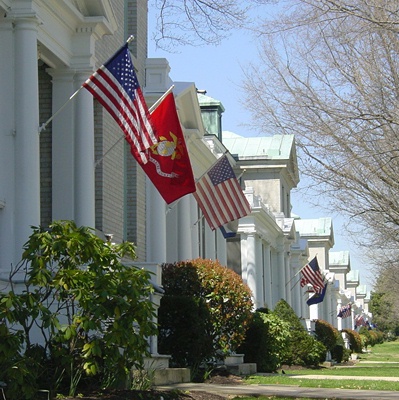All Nonfiction
- Bullying
- Books
- Academic
- Author Interviews
- Celebrity interviews
- College Articles
- College Essays
- Educator of the Year
- Heroes
- Interviews
- Memoir
- Personal Experience
- Sports
- Travel & Culture
All Opinions
- Bullying
- Current Events / Politics
- Discrimination
- Drugs / Alcohol / Smoking
- Entertainment / Celebrities
- Environment
- Love / Relationships
- Movies / Music / TV
- Pop Culture / Trends
- School / College
- Social Issues / Civics
- Spirituality / Religion
- Sports / Hobbies
All Hot Topics
- Bullying
- Community Service
- Environment
- Health
- Letters to the Editor
- Pride & Prejudice
- What Matters
- Back
Summer Guide
- Program Links
- Program Reviews
- Back
College Guide
- College Links
- College Reviews
- College Essays
- College Articles
- Back
Memoir of a Neighborhood: Buffalo, New York in the 1960s
It was mid-morning on a sticky summer day, and young Joe, a dark haired, mature, teenager, and his two older brothers sat in the backyard of their small house in Buffalo, New York. They were seated in the dewy grass, playing their new Mattel video games they had newly received. Their mom, dad, and four sisters were in the house listening to the president debate between Jimmy Carter and Gerald Ford. The boys could hear them in the house yelling at the television, “No that's not right! That's a crazy idea!” Not much time passed before Joe’s best friend Rich, a tall, nerdy teenager, walked the short distance to their house. He walked into the yard playing “Stayin’ Alive” on his beat box, for all to hear. The loud music ringing through the boy's’ ears felt orange; full of energy and electric, like the sun on a summer day. The brothers all hollered, “Hey Rich, come sit over here with us!”
The house Joe lived in was an originally three bedroom house with an addition of two bedrooms and looked like all the others on the block. The small yet well-kept yards made each house not far from the one right next door. He could hear the the neighbors shouting, “what's for dinner?” even with his windows closed. Joe’s neighbors living in the house directly to the right used to sit on their front porch and watch the neighborhood kids play hockey in the street. Whenever you would talk to them, you were sure to be told a story. Some kids went to the porch and insisted on being told a story. They hollered, “Can you tell me a story today?” The nice couple would reply by kindly saying, “Of course! I have the perfect one for today!” The stories were usually about different things, though each and every one was entertaining.
Every summer, the neighborhood kids fed wild animals, such as birds, squirrels, and chipmunks. One squirrel particular, giant and bushy-tailed, came back every summer. The kids eventually named him “Squirrely.” They would tell their parents they were “goin’ to look for Squirrely”, and be out of the house for hours at a time. Once school started, all the kids who lived in the neighborhood, who were in the same grade walked to school together. Most families had three or more children, so the walks to school proved very interesting.
Joe’s most memorable day of his childhood was November 4th, 1979. He remembers walking through the heavy wooden door at the front of his house, and hearing terrible news from his parents. He remembers them telling him, “ something awful has happened in our country today.”
Joe, being thirteen and unaware of the event, replied with “Why are you acting so serious? Has something bad happened?” He could tell that it was hard for them to tell their thirteen year old son such mature news, but they knew that he should know what is happening in the country.
His parents then said to him, “ A U.S. embassy in Asia was overrun today, and over 60 Americans were taken hostage.” For the next few days, that was all anyone talked about. The joyful personality of the community disappeared. The cold walks home from school seemed longer because of the dreadful mood. But the unwanted sadness in the community didn’t last for long. Soon after the shocking story was released from the news, the neighborhood gained hope. People started talking about what they could do to help, rather than what would happen in the future. People began to tie yellow ribbons on trees in their yards to show their support. Not long after the first ribbon was tied, almost every single tree in the neighborhood was adorned with a golden ribbon tied around its trunk.
Joe looks back on his childhood neighborhood and remembers mostly happy times. He thinks about the fun memories he has playing games with the neighborhood kids, howling “ready or not here I come!” across the whole neighborhood, and also about the jollifications he had with his whole community. The unhappy times were scarce compared to the number of good ones. Joe will always remember how his community helped him to understand and get through the dark times. He still thinks about how different things would be if the people of his community, close with them or not, acted any other way in the gloomy times.

Similar Articles
JOIN THE DISCUSSION
This article has 0 comments.

I wrote this memoir using informantion I got from interviewing my dad about his childhood. This piece is written in third person point of view and is centered around the Iranian Hostage Chrisis in 1979.